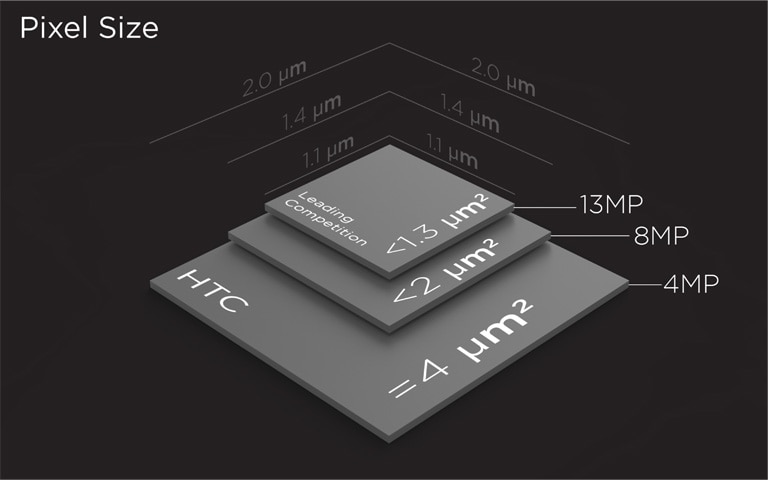What can we expect in 2014?
 |
| Galaxy S5? Image: Pentagon Post |
The smartphone industry is probably the most rapidly advancing industry in the world of technology. I mean look back at the phones from just two years ago. The standard Android smartphone back then probably had a WVGA (800x480) display, a dual-core processor and a 5MP camera. Flagships nowadays have FHD (1920x1080) displays, quad-core processors and 13MP (even 20MP and 41MP) cameras. The technology in smartphones is evolving at such a rapid pace, that phones generally look outdated on the spec sheet after just one year, or even worse, a few months. Earlier in the year, almost everyone on Google+ would recommend getting the HTC One, Xperia Z or the Galaxy S4. But now? People normally recommend getting the LG G2, Xperia Z1 or the Note 3. Like, phones from just 6 months ago are no longer worth getting. But that's a rant for another day. As we approach the end of the year, with the Nexus 5 (that's what I'm calling it until it's officially launched) being the only Android phone left that people are waiting for, rumours about phones to be launched in 2014 have already started. So what can we expect from the flagships of 2014? Some of the later phones of 2013 might actually hold a few clues.
FHD 1080p displays are amazing. Nobody will ever say otherwise. So do we need another resolution bump on our smartphones? I say no, and I hope OEMs are thinking the same thing. So what's next? I have a feeling something along the lines of flexible or curved displays might be making an entry (comeback?) in 2014. We have already seen the Galaxy Round by none other than Samsung, with LG's G Flex not too far away. I don't expect flagships of 2014 to be as curved, but maybe some roundness near the bezels maybe? I'm just throwing ideas into the hat. How about more efficient displays that use less battery? Or displays that are better in direct sunlight? I'm sure users will be happier with those improvements instead of another resolution bump.
Processors and RAM
Apple may have gotten the ball rolling with their 64-bit A7 chip. While it may not be that beneficial today, in the future it may very well be the standard, with Samsung rumoured to be prepping a 64-bit Exynos chip for the Galaxy S5 and even Qualcomm having a say on the matter. With 64-bit processors come the natural upgrade in RAM, and with Samsung's Galaxy Note 3 packing 3GB of RAM already, we could see 3GB of RAM be the standard in flagships next year, and maybe even 4GB by the end of the year?
USB 3.0
The Galaxy Note 3 and Galaxy Round both come equipped with microUSB 3.0 ports. Faster data transfers and faster charging times would probably be welcomed improvements in 2014.
 |
| Will USB 3.0 be a standard in 2014? Image: Droid Life |
Battery capacity
Despite all the advancements in display technology, processing power and camera optics, batteries are being left in the dust. Battery technology doesn't really seem to be improving, but other aspects like capacity and battery charging do. Most flagships now ship with batteries anywhere between 2500-3500mAh, which should be plenty to last a day or two. And if USB 3.0 and wireless charging become more common, charging our devices won't be too much of a hassle anymore.
Storage space
The HTC One and Galaxy Note 3 both come with 32GB storage as the minimum option. I think we will still see some phones ship with a 16GB option, but I hope these are limited to mid-range phones and not flagships. While I can certainly survive on 16GB (I'm only using about 10GB of my 32GB HTC One X), 32GB should be a standard by now, especially since 128GB storage isn't too far away.
Camera technology
For some people (not me), the camera is the most important part of the phone. That was funny, the most important part of a phone being the camera. Anyway. Camera technology is probably the most rapidly advancing component in smartphones. Manufacturers keep packing in more and more pixels in that slim body of a phone. 13MP cameras seem to be the current standard, with Sony's Xperia Z1 being the exception. Similar to display technology, I hope 2014 won't just be a megapixel war. OIS should be a standard component of all smartphone cameras, and maybe larger pixels as HTC did in the One. Despite being one of the most advanced components of the phone, the camera is really one of the areas which could stand to improve the most. If not hardware wise, then software wise. Cameras that can be launched, autofocus and shoot photos in an instant. I mean, that's what smartphone cameras are for right? Capturing moments on the go before they are gone.
 |
| Will other OEMs focus on something other than megapixels? Image: HTC |
I wrote a post a while back asking how far do you think the spec wars will go. Not too long after that, I asked if maybe the spec wars was coming to an end. I think 2014 will answer both questions. Some aspects of our smartphones like display size have probably reached its peak, but other areas are still up for debate. One thing's for sure, you can't go wrong with any flagship you buy in today's market (though some will probably tell you otherwise).



Comments
Post a Comment